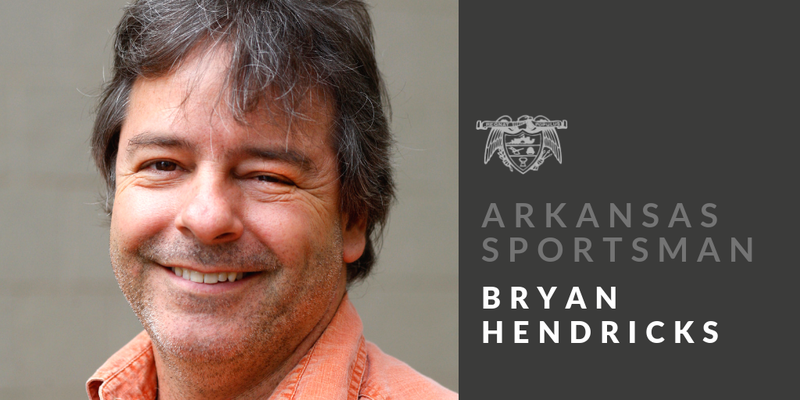Recently, an unusually hot argument erupted among members of the Arkansas Game and Fish Commission over baiting for deer.
Commissioner Bobby Martin of Little Rock said he was alarmed that the agency's wildlife management staff projected an anti-baiting posture, and he insisted that the agency publicly declare its position.
Commissioner Ken Reeves of Harrison said Martin's statement was unfounded. Voices increased in volume and pitch, and faces turned red before then-chairman Ford Overton called for a recess to let tempers cool.
The commission's wildlife management division has modified its attitude on baiting since chronic wasting disease was detected in northern Arkansas. Baiting concentrates deer, and wildlife biologists believe that concentrating deer can accelerate the exchange of the infectious agents that are associated with chronic wasting disease.
Deer biologists in other states have mixed emotions about baiting, but some acknowledge that bait sites do not increase the risk of transferring CWD any more than food plots or even commercial agricultural crops.
Charlie Killmaster, the state deer biologist for the Georgia Department of Natural Resources, said his agency is neutral about baiting. It is a sensitive topic because the GDNR is -- unlike the Arkansas Game and Fish Commission -- subordinate to the state legislature. Georgia incrementally legalized baiting until allowing it statewide in 2018.
Killmaster said that hunters in south Georgia supported baiting, but hunters in north Georgia opposed it. In 2011, the GDNR allowed baiting in south Georgia but restricted baiting in north Georgia.
"Once half of the state had something the other half didn't have, the other half wanted it too," Killmaster said. "It came back up, and the debate got ugly again. The legislature couldn't work out the details in time. There were some issues relative to other species. It didn't pass both houses in the general assembly. The governor [former Gov. Nathan Deal] stepped in with an executive order, and the legislature stepped in last spring and cleaned up the language."
"Issues relative to other species" is part of the debate in Arkansas. Bait sites attract other species like wild turkeys, bobwhite quail and songbirds, which in turn attract predators which also prey on deer fawns. It's an artificial food chain known as a "predator sink."
That's a side issue, though. Killmaster said the argument came down to ethics and chronic wasting disease, the latter of which has not been detected in Georgia. Hunting over a food plot is no different than hunting over a corn feeder or some other kind of feed station. The indistinction blunted the ethical argument.
Dissent among hunters was a marginal concern because hunters are only about 5% of Georgia's population. Killmaster said the agency was concerned that baiting might provoke the non-hunting majority into demanding laws that are detrimental to hunting.
Ultimately, the non-hunting majority didn't care, maybe because Georgia motorists are fed up with hitting deer.
"Even though it was a heated debate in the circle of hunters, it wasn't even on the radar of the non-hunting public," Killmaster said.
The CWD element is more nebulous.
"Deer already have nose-to-nose grooming behavior," Killmaster said. "They're going to come in contact naturally, but if you're looking at banning baiting to deal with a specific issue like CWD, it's a behavior that can and does facilitate disease transfer. It's something we can control.
"We can't control how deer interact naturally. You can say the same thing about urine bans. It might help a little bit, but there's nothing we can do about CWD, and every little bit helps."
Does it help, really?
"I'm under no illusion that if we ban baiting and feeding, it would stop spread of chronic wasting disease," Killmaster said.
Curiously, the Arkansas Game and Fish Commission allows baiting in CWD management zones from Sept. 1-Dec. 31. Food plots are allowed year round. The compromise assumes that CWD-infected deer will avoid bait sites for three months and never visit food plots.
It's an illogical compromise, but not as capricious as an outright ban would be. That would dispirit hunters and reduce deer kills when the opposite is necessary.
Sports on 09/29/2019

